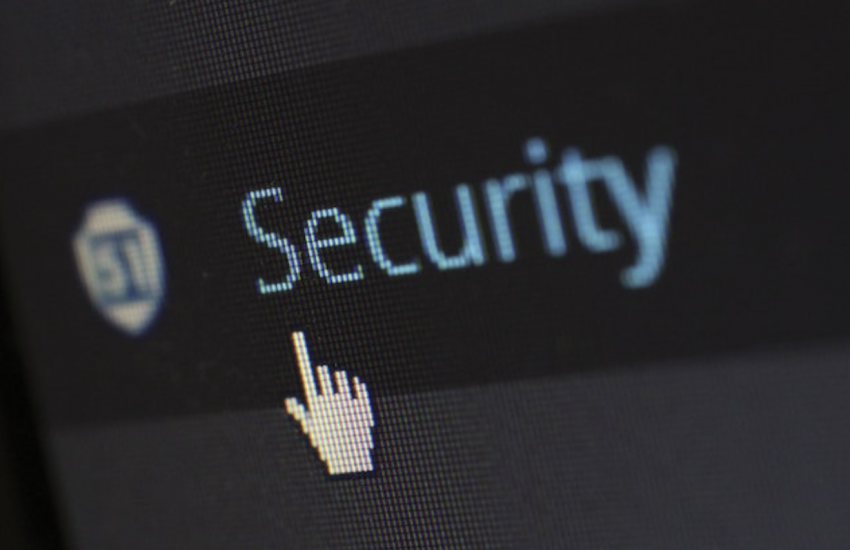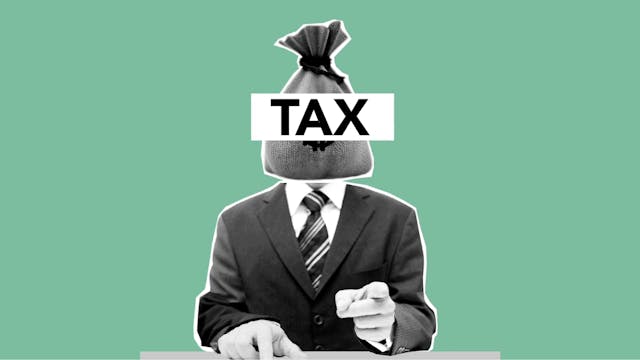7 Things to Look for in Commercial Property Insurance
Commercial property insurance is critical for any business owner or landlord, as it helps protect against a variety of potential risks. When shopping around for commercial property insurance, there are several important features to consider. Doing so can help you get the best coverage for your needs at a price you can afford. Here is a look at seven essential things to look for in commercial property insurance.
Coverage Limits:
When looking for commercial insurance, it is important to be aware of coverage limits. Coverage limits are the maximum amount of money an insurance company will pay out in case of a claim in a given policy period. Depending on the type of insurance and the particular coverage, these limits can range from a few thousand dollars to millions. For some policies, such as liability insurance for business owners, there may be no upper limit on the amount of coverage available. When considering different types of commercial insurance, it is important to thoroughly understand what limits apply and how much you need to adequately protect your business. In addition to understanding the dollar amounts associated with your coverage limits, you should also consider other factors such as policy exclusions, deductibles, and any caps or limitations that might apply. It is also wise to ensure that your coverage extends beyond just property loss–for example, business interruption insurance can help cover lost income or wages if operations are disrupted due to an insured event. Finally, staying current on relevant industry trends and regulations may help you better determine your necessary levels of coverage and ensure that you have enough protection for your business needs.
Perils Covered:
Many companies offer general commercial property insurance policies, which usually cover damage caused by fire, vandalism, and theft; however, there are other perils that may not be covered under these policies such as earthquakes and floods. Make sure to read the fine print carefully and select an insurance policy that covers all of the perils relevant to where you live or work.
Deductibles:
When looking to purchase commercial insurance, one of the most important things to consider is the deductible limit. This is the amount that the business must cover before their insurance provider will begin to pay out on a claim. Deductibles can range from a few hundred dollars up to tens of thousands of dollars, depending on the type of policy and coverage that is purchased. The higher the deductible limit, the lower the premiums will be, as companies are taking on more risk in exchange for paying less upfront. When deciding how much to set your deductible limit at, it’s important to take into account how much you can afford in case a claim occurs. It should also be based on your risk assessment; if you’re likely to incur higher damages or losses due to any accidents or claims, then you’ll want a smaller deductible so that your insurance company will kick in more quickly and provide more coverage for larger costs. Depending on where you live and what kind of business you operate, there may also be state laws or regulations that require higher deductibles for certain types of policies. Lastly, it’s worth noting that some insurers may offer discounts or other incentives if you agree to set a higher deductible limit.
Cost of Replacement vs Actual Cash Value:
Some insurers may offer an option between cost of replacement coverage or actual cash value (ACV) coverage when insuring their property with regard to what type of compensation they receive from their insurer should a loss occur due to an insured peril such as fire or vandalism etc.. Generally speaking, cost of replacement provides more comprehensive cover than ACV coverage due to it being able to replace items with like kind and quality regardless when they were purchased instead of taking into account depreciation associated with ACV coverage leaving less money available for replacement costs after a loss occurs .
Third-party Liability Coverage:
Third-party liability protects individuals who may become injured while on your premises or if someone suffers financial losses due to something related directly back towards your business operations such as advertising injury etc… Make sure your chosen insurer has adequate third-party liability coverage included in their policy offerings so that you’re adequately protected against lawsuits arising out of unfortunate accidents on site or other unforeseen circumstances involving third parties in relation towards your business operations .
Business Interruption Insurance:
Business interruption is typically optional protection offered by most insurers; however, it’s important coverage for those who experience extensive downtime due to natural disasters or other events which would otherwise put them out of business entirely without this form of protection as it helps reimburse lost income during downtime while also covering certain overhead expenses associated getting back up and running again including taxes , rent/mortgage payments etc….
Technology & Cyber Liability Insurance:
As technology becomes increasingly prevalent within our society , businesses have become more vulnerable than ever before towards cyber security breaches resulting in theft / corruption / destruction of data stored on corporate networks potentially leading towards costly legal ramifications should customer information become exposed during these types of incidents . Cyber Security & Technology liability insurance serves as another form of protection helping guard against these potential risks
By shopping around carefully, reading all applicable policies thoroughly, understanding what different types/levels of coverages are available , as well reviewing deductibles , business owners can find a commercial property policy best suited towards their particular needs enabling them better mitigate against potential losses associated due unexpected events impacting their operations .
















